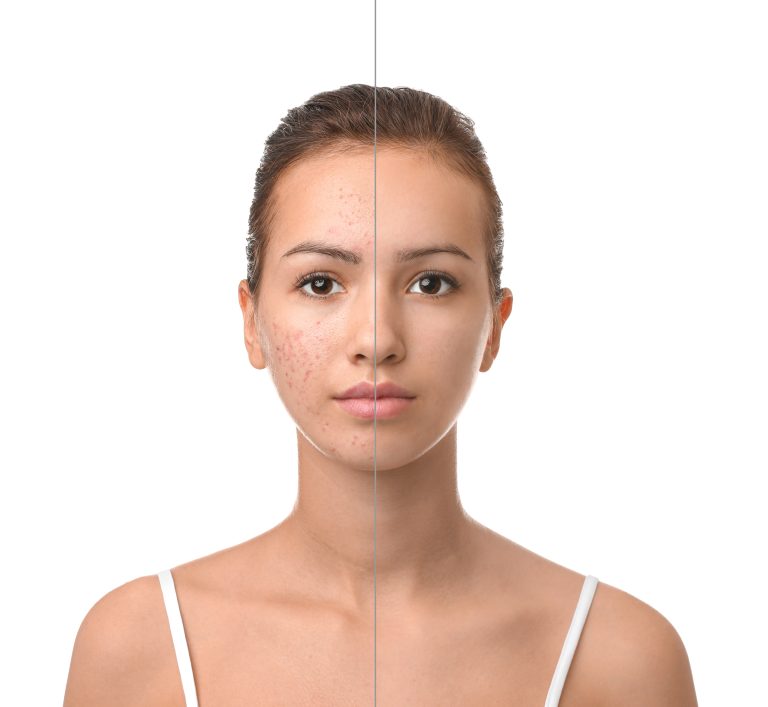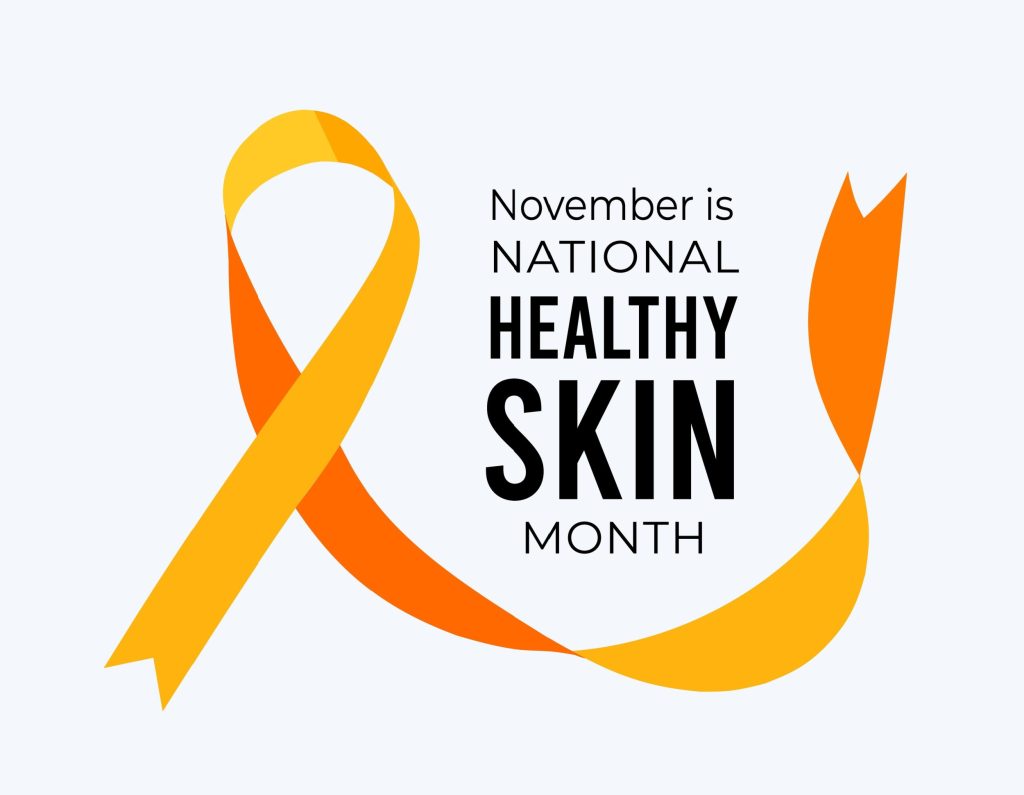
Oily and acne-prone skin can be a source of frustration and discomfort for many people. It’s natural to feel discouraged when you’ve explored numerous treatment options without seeing significant results. But we are here to tell you that there is hope. Understanding the characteristics of this skin type, implementing effective management techniques, and seeking appropriate treatment options can help promote healthier, clearer skin.
Management Techniques for Oily and Acne-Prone Skin
Oily skin is characterized by overactive sebaceous glands, which leads to excessive sebum (oil) production. This can result in a shiny appearance, enlarged pores, and a tendency to have acne breakouts. Acne-prone skin refers to skin that is susceptible to developing various types of acne, such as whiteheads, blackheads, pimples, or cysts. Both conditions often occur together, causing a persistent cycle of oiliness and breakouts.
Here are a few simple precautions you can take every day to help minimize breakouts:
Cleansing: Use a gentle, oil-free cleanser to wash your face twice daily. Avoid harsh scrubbing, as it can irritate the skin and trigger more oil production. Also avoid products with fragrances or dyes since these can also aggravate the skin.
Moisturizing: Opt for lightweight moisturizers to keep your skin hydrated without clogging pores. Look for products labeled “oil-free” or “non-comedogenic.”
Sun protection: Apply a broad-spectrum sunscreen with an SPF of 30 or higher daily, as some acne treatments may increase sensitivity to the sun.
Avoid over washing: Resist the temptation to wash your face excessively, as it can strip away essential oils, leading to increased oil production.
Don’t touch your face: Avoid touching your face throughout the day, as it can transfer bacteria and oil, potentially worsening breakouts.
Focus on overall health: Adopt a holistic approach to your well-being by maintaining a healthy lifestyle. This includes getting regular exercise, eating a balanced diet, staying hydrated, and getting enough sleep.
Taking proactive steps to care for your skin gives you a sense of control over managing your acne, leading to positive effects on both your skin health and self-esteem.
Treatment Options for Oily and Acne-Prone Skin
When it comes to treatment options, there is no one-size-fits-all. Fortunately, there are several solutions available to try.
Over-the-counter products: Look for topical treatments containing ingredients like benzoyl peroxide, salicylic acid, or retinoids. These can help unclog pores, reduce inflammation, promote skin cell turnover, and prevent acne breakouts.
Prescription medications: In more severe cases, dermatologists may prescribe medications such as oral or topical antibiotics to address persistent acne.
Professional treatments: Dermatological procedures like chemical peels, microdermabrasion, or laser therapy can be effective in managing oily skin and reducing acne breakouts. These should be performed by a qualified professional.
It’s important to note that the best treatment options may vary depending on the severity and specific characteristics of your acne-prone skin. Consulting a dermatologist can help determine the most suitable treatment approach for your individual case.
When to See a Dermatologist
If over-the-counter treatments and at-home management techniques do not improve your oily and acne-prone skin or if your condition worsens, it is advisable to make an appointment with your dermatologist. A dermatologist can provide a personalized treatment plan based on your specific skin type and concerns. Additionally, if your acne is leaving scars or causing emotional distress, seeking professional help is highly recommended.
What’s Next?
Managing oily and acne-prone skin requires a combination of effective daily care, appropriate treatment options, and the guidance of a licensed dermatologist. By following a consistent skincare routine, using the right products, and seeking professional help when needed, you can achieve clearer, healthier skin. Remember, each person’s skin is unique, so finding the right approach may involve some trial and error. Acne is a common condition that many people experience, and it does not define your beauty or worth. Be patient and persistent, and you will be on your way to a happier, more confident complexion.
Contact FLDSCC for All Your Skin Care Needs
Florida Dermatology and Skin Cancer Centers provides a full spectrum of dermatology and skin care services, and its team of physicians, APRNs, and PAs are experts in diagnosing and treating skin cancers with the latest technological options. Medical Director, Dr. K. Wade Foster, is fellowship-trained in Mohs surgery, the most effective technique for most types of skin cancers, with minimal scarring or risk.
For more information about the services that Florida Dermatology and Skin Cancer Centers provides, or to make an appointment for a skin exam, visit www.fldscc.com or contact us at (855) FLD-SKIN.


